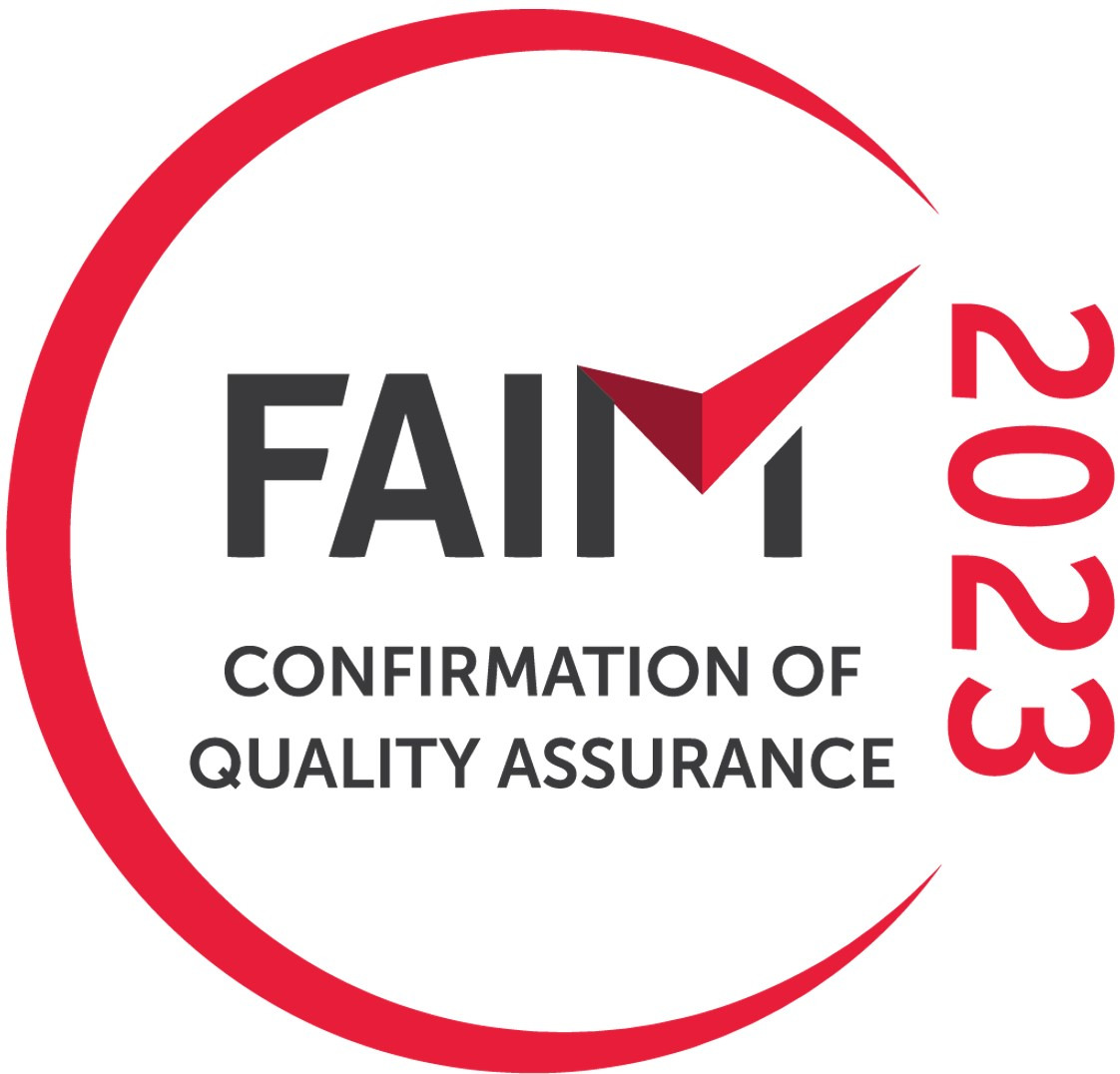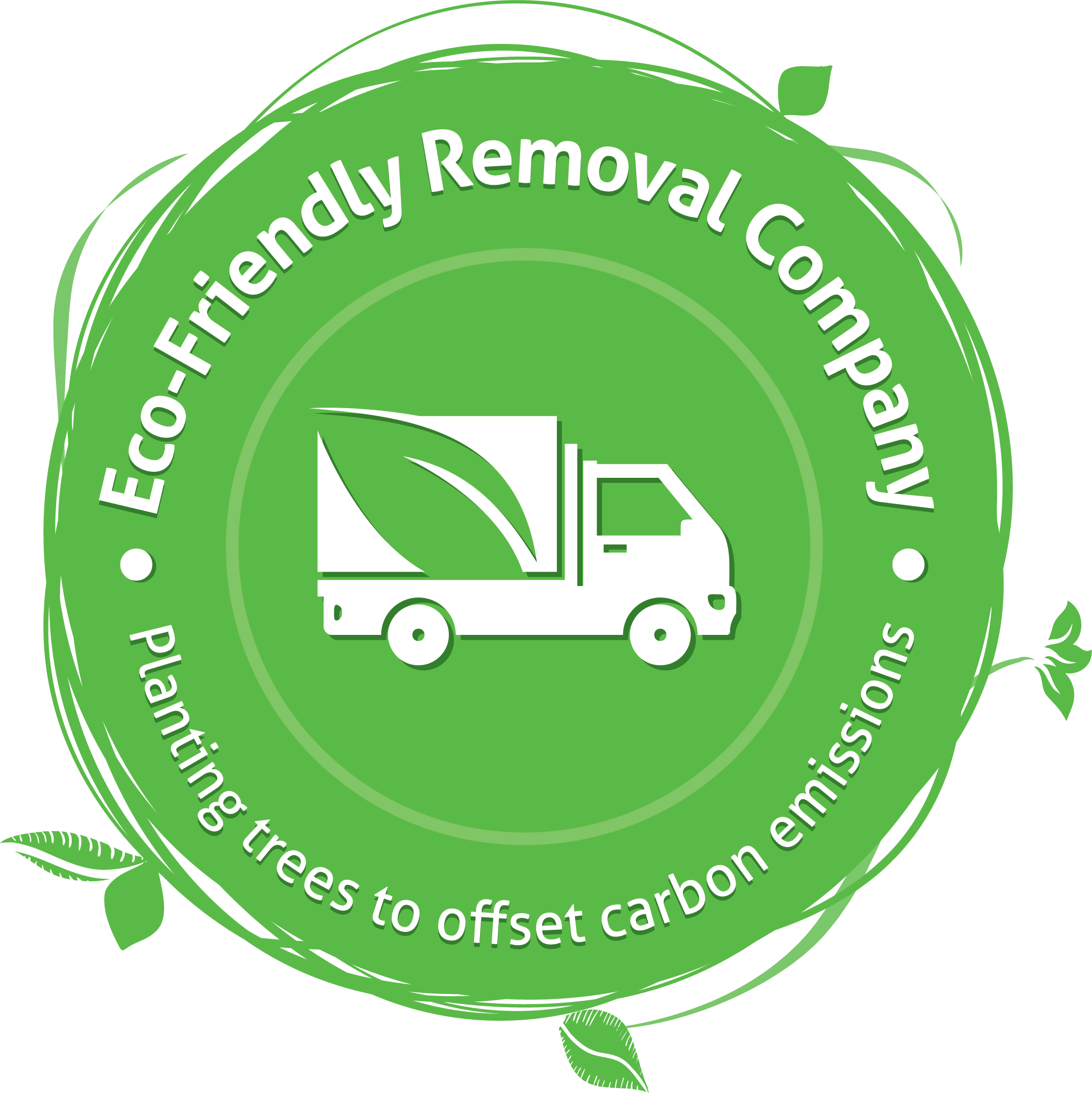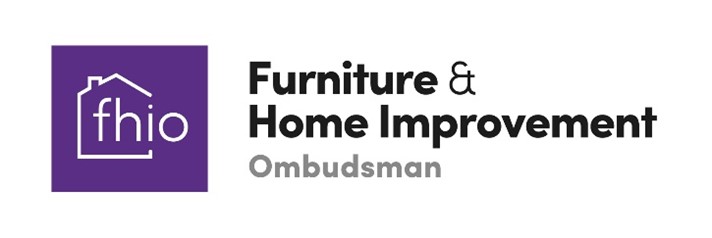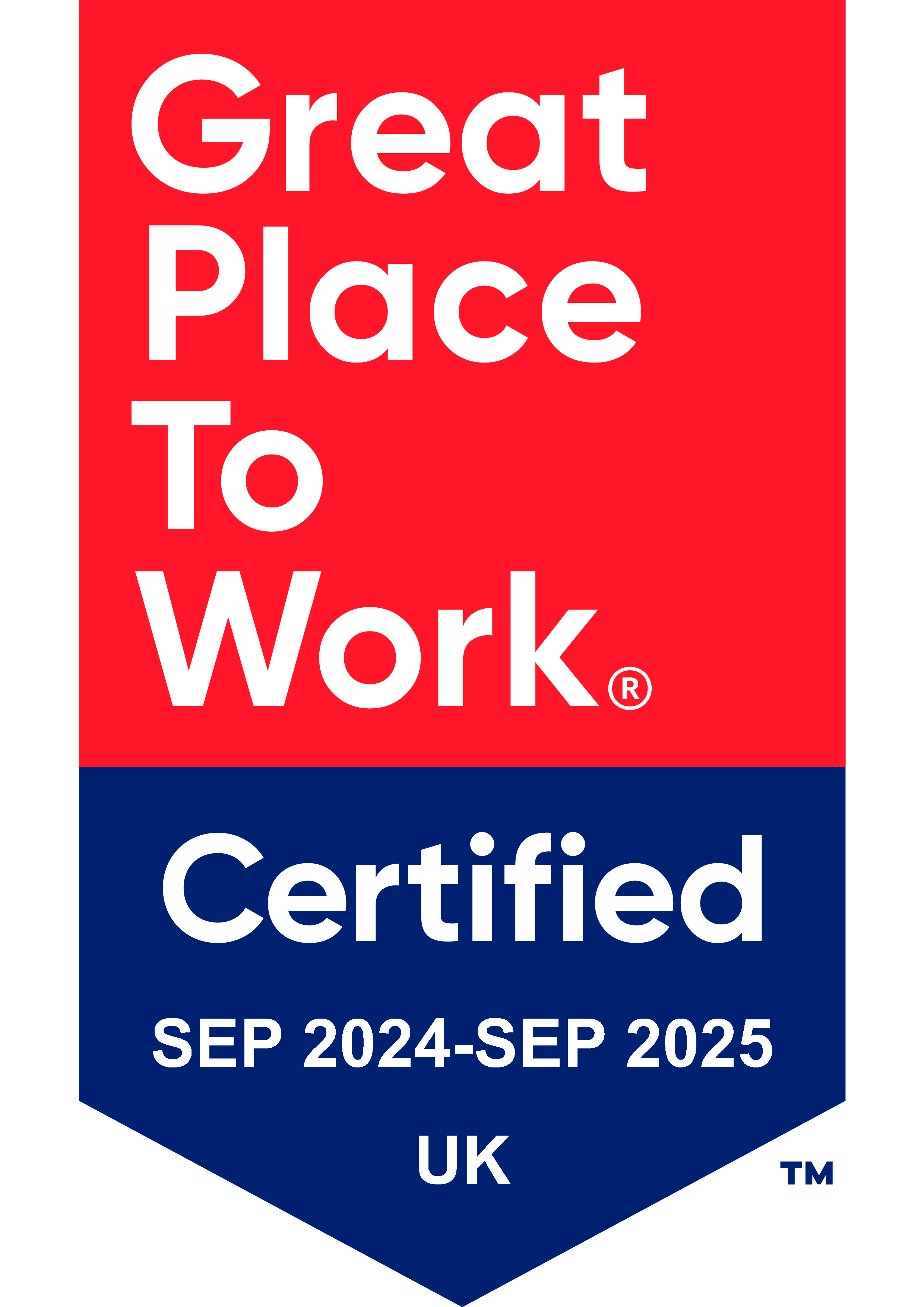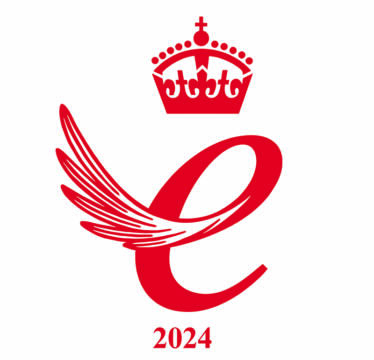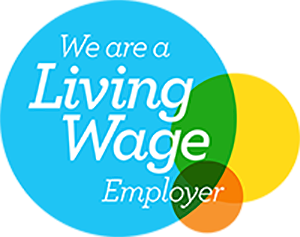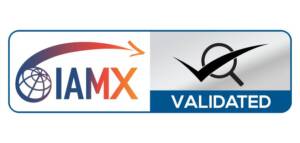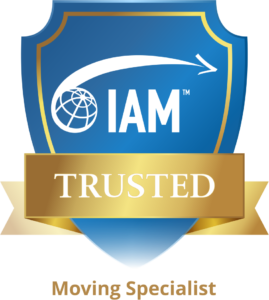Australia’s healthcare system is eagerly welcoming UK midwives and nurses, with promise of a better quality of life, competitive salaries, and a healthcare system that values their expertise. The move is not just a professional transition, but a step towards a new lifestyle, offering a balance of work and leisure in a vibrant, culturally diverse country. This guide aims to provide essential insights and practical steps for healthcare professionals considering this exciting transition.
Why are Nurses and Midwives Leaving the UK?
Nurses and midwives are increasingly looking to Australia for better career and lifestyle opportunities. This exodus is driven by factors such as higher pay, better working conditions, and attractive relocation packages offered by countries like Australia.
The phenomenon of nurses leaving the UK’s National Health Service (NHS) has become increasingly prominent, a trend that reflects deeper challenges within the healthcare system and the professional lives of these essential workers.
The NHS has been facing a crisis, not only due to increased demand for healthcare services but also because of a significant exodus of nursing staff. This situation has been exacerbated by various factors that have made the profession less sustainable and attractive in the UK. One primary factor is the issue of pay. Over the past decade, real-terms pay cuts have led to a decrease in earning potential for nurses in the UK. When compared to other English-speaking countries such as the US or Australia, the financial rewards are significantly higher abroad. For instance, OECD data indicates that a UK medical specialist moving to South Korea could expect a 25% pay rise as of 2020, a stark contrast to the 5% pay decrease they would have faced in 2010.
Another crucial factor is the work-related stress and burnout experienced by nurses. The demanding nature of the job, coupled with insufficient staffing levels, has contributed to a high degree of burnout. The NHS Staff Survey reveals concerning figures, with a significant percentage of nurses often thinking about leaving their roles due to work-related stress and feelings of burnout.
The younger workforce’s exodus is particularly worrying. A large proportion of nurses leaving the NHS are under the age of 45, indicating that it’s not just about retirement but about younger professionals seeking better opportunities and working conditions elsewhere.
Post-Brexit, the decline in EU staff moving to the UK has also been a contributing factor. Tighter immigration rules and changes in pay and working conditions have made the UK a less attractive destination for European health workers.
Furthermore, the NHS faces stiff competition from the private sector within the UK. The wage gap between the NHS and private sector roles has been widening, making the latter more appealing for many nurses. Even higher-paying roles like GPs and specialists are now facing increased competition from the private sector.
Training, sourcing, and recruiting nurses take a long time, and the current workforce crisis is not something that can be resolved quickly. The Royal College of Nursing report highlights the urgent need for action from the UK governments to improve nursing pay and workforce planning to help with staff retention. Without significant changes in pay, working conditions, and overall staff welfare, the NHS risks continuing to lose its valued nursing staff at an alarming rate.
What do I need to work as a nurse or midwife in Australia?
To work in Australia, UK nurses and midwives must meet specific criteria set by the Australian Nursing and Midwifery Board (NMBA) and the Australian Health Practitioner Regulation Agency (AHPRA). This involves a thorough assessment of qualifications, experience, and language proficiency.
Initial Assessment: UK midwives must first have their qualifications assessed for Australian equivalency. This involves submitting academic and professional credentials to the Australian Nursing and Midwifery Board (NMBA).
Registration with NMBA / Eligibility Requirements: Following successful assessment, the next step is to register with the NMBA. This registration is mandatory for practicing as a midwife in Australia. Ensure your qualifications align with NMBA standards. This includes proving your identity, demonstrating English language proficiency (through tests like IELTS or OET), and verifying your nursing education and professional practice.
Skills Assessment and Language Proficiency: In transitioning to work as a midwife in Australia, UK professionals must undergo a skills assessment and prove their English language proficiency. The Australian Nursing and Midwifery Accreditation Council (ANMAC) evaluates qualifications and experience to ensure they align with Australian standards. This assessment requires comprehensive documentation of education, work history, and registration status.
Additionally, English language competency is crucial, with tests like IELTS or OET being standard measures. Achieving the required scores not only fulfills a regulatory requirement but is also essential for effective communication in Australia’s healthcare settings. Preparation for these exams, through various available resources, is a vital step in the transition process, underscoring the importance of strong language and communication skills in providing quality care.
Bridging Programs: If there are significant differences between UK and Australian qualifications, a bridging program may be required to meet the NMBA standards.
Professional Development and Continuing Education: Once registered, midwives must engage in ongoing professional development to maintain their registration.
What Visa do I need?
Various visa options are available for nurses and midwives, including Skilled Independent Visa, Employer Nomination Scheme, and Regional Sponsored Migration Scheme. Each visa has its own set of requirements and application procedures. It’s important to thoroughly research and choose the most suitable visa type based on your qualifications and circumstances. The application process typically involves gathering necessary documents, completing application forms, and possibly undergoing health checks and character assessments.
Skilled Independent Visa (subclass 189): This is a points-based visa for skilled workers who are not sponsored by an employer, a state or territory, or a family member.
Employer Nomination Scheme (subclass 186): This visa is for skilled workers who are nominated by an Australian employer.
Regional Sponsored Migration Scheme (subclass 187): This visa allows skilled workers to work in regional Australia and is sponsored by an employer.
Temporary Skill Shortage Visa (subclass 482): This temporary visa allows an employer to sponsor a skilled worker.
Each visa type has its own criteria and application process. It’s important to choose the one that best suits your qualifications and circumstances. For more detailed information, it’s advisable to consult the Australian Department of Home Affairs website.
Understanding the Australian Healthcare System
Australia’s healthcare system is renowned for its efficiency and quality. Nurses and midwives play a pivotal role, with opportunities in both urban and rural settings. Understanding the system’s structure, including public and private sectors, and the expectations for healthcare professionals is crucial for a smooth transition. The Australian healthcare system maintains high standards for midwifery practice. As a UK midwife planning to work in Australia, it’s essential to understand these standards, which focus on ensuring quality care and safety for both patients and practitioners.
Public vs Private Healthcare: The public healthcare system, funded by the government through Medicare, is accessible to all citizens and permanent residents. Private healthcare, offering more choice and shorter waiting times, complements the public system.
Role of Midwives: Midwives in Australia play a crucial role in maternal and neonatal care. They work in various settings, including hospitals, community health services, and private practice.
Regulatory Framework: Healthcare professionals, including midwives, are regulated by bodies like the Australian Health Practitioner Regulation Agency (AHPRA) and the Nursing and Midwifery Board of Australia (NMBA), ensuring standards are maintained.
Patient-Centred Care: Australian healthcare emphasizes patient-centred care, with a focus on providing personalized and respectful treatment.
Cultural Diversity: Australia’s diverse population necessitates culturally sensitive healthcare practices. Midwives must be adept at catering to the needs of a multicultural society.
Understanding this system is vital for UK midwives planning to work in Australia, as it provides context for their roles and responsibilities within the Australian healthcare landscape.
Employment Opportunities and Job Hunting Strategies
The Australian healthcare sector presents diverse employment opportunities for midwives. To maximize job prospects, it’s crucial to engage with various strategies. Networking plays a key role; connecting with healthcare professionals and joining relevant organizations can provide valuable insights and job leads. Utilizing online job portals and recruitment agencies specializing in healthcare can significantly broaden the search. Tailoring your resume to Australian standards and highlighting your unique skills and experiences is also important. Additionally, some Australian states and territories may have higher demand for midwives, so researching regional employment trends can be beneficial. Preparing for interviews by understanding the Australian healthcare context and showcasing your adaptability to the Australian work culture can further improve your chances of securing employment.
Relocation Packages and Financial Considerations
When relocating to Australia for healthcare roles, understanding and negotiating relocation packages offered by employers can significantly ease the financial and logistical burden of the move. These may include:
Financial Incentives – Many healthcare employers offer signing bonuses or financial incentives as part of the relocation package. These can help cover the initial costs associated with moving.
Assistance with Housing – Some employers provide temporary housing or assist in finding permanent accommodation. This support can be invaluable, especially in the early days when you are still familiarizing yourself with the new environment.
Travel Expenses – Coverage for travel expenses, including flights and transportation of personal belongings, is a common feature of relocation packages. This can reduce the stress and cost of moving internationally.
Visa and Legal Fees – Assistance with visa application processes and associated legal fees is often provided, ensuring a smoother transition and compliance with immigration requirements.
Settlement Services – Some packages may include services to help you settle in, like orientation tours, cultural integration training, and connections to local networks and community groups.
Healthcare Benefits -Understand the healthcare benefits provided by your employer, especially how they complement the public healthcare system in Australia.
It’s important to negotiate the terms of your relocation package. Understand what is standard in your field and be prepared to discuss your specific needs with your employer. Be aware of any tax obligations that may arise from your relocation package, as some benefits may be taxable.
Employers understand that relocating, especially internationally, is a major decision and often provide these packages to attract the best talent. It’s essential to fully understand and utilize these benefits to make your transition to working and living in Australia as smooth as possible.
Settling in Australia: Lifestyle and Cultural Adjustment
Adapting to the Australian lifestyle and culture is an integral part of the relocation process. Australia is known for its friendly, laid-back culture, but it also demands high professional standards. Being open to new experiences and cultural norms is key to a successful transition.
Relocation to Australia can come with financial challenges, but many healthcare employers offer attractive relocation packages to midwives. These packages often include assistance with visa application fees, airfare, and initial accommodation costs. Some employers may also provide salary advances or bonuses to cover relocation expenses. It’s important to negotiate and understand the terms of these packages. Additionally, consider the cost of living in different Australian cities, as it can vary significantly. Budgeting for initial expenses like housing, transportation, and healthcare is crucial. Understanding the Australian tax system and potential financial benefits, such as salary packaging, can also be advantageous in planning your move.
Preparing for the Move: While meeting professional requirements is essential, preparing for life in Australia is equally important. Embrace the opportunity to experience a new culture, explore diverse landscapes, and join a welcoming community. As you embark on this journey, consider the following aspects:
Cultural Acclimatization: Australia’s culture is known for its laid-back and friendly ethos. Embracing this culture means being open to new experiences and ways of life. It’s beneficial to learn about Australian customs, social norms, and local etiquette to integrate smoothly into the community.
Exploring the Landscape: Australia offers a diverse range of landscapes, from bustling cities to serene beaches, and outback wilderness. Take time to explore and appreciate the natural beauty and unique wildlife of Australia. This exploration can significantly enrich your experience and help you feel more connected to your new home.
Building a Social Network: Creating a social support system is crucial for emotional well-being. Engage with local community groups, expat communities, and professional networks. These connections can provide valuable advice, friendship, and professional opportunities.
Accommodation and Logistics: Researching and securing suitable accommodation is vital. Consider factors like proximity to work, public transport, and local amenities. Also, familiarize yourself with the practicalities of daily life in Australia, such as banking, public transportation, and shopping.
Family Considerations: If moving with family, consider their needs as well. This includes schooling for children, job opportunities for partners, and family-friendly communities.
Legal and Administrative Tasks: Stay on top of necessary legal and administrative tasks, such as updating your driver’s license, understanding tax obligations, and setting up essential services like internet and utilities.
Support on Your Journey
Organisations like GM Skilled and HealthTimes provide valuable resources and personal experiences from nurses who have made the move. They highlight the rich professional opportunities and life experiences awaiting in Australia. For UK nurses and midwives planning to move to Australia, a range of resources and support networks can facilitate this transition:
Professional Associations: Joining associations like the Australian Nursing and Midwifery Federation (ANMF) can provide access to professional guidance and networking opportunities.
Expat Forums: Platforms like BritishExpats.com or ExpatForum.com are valuable for insights and advice from those who’ve already made the move.
Local Community Groups: Engaging with local community groups in Australia can help in assimilating into the new environment.
Testimonials and Case Studies: Websites of recruitment agencies or professional bodies often feature stories of nurses who’ve successfully relocated. These narratives can be a source of motivation and practical advice.
These resources offer a mix of professional support, practical advice, and community connection, easing the journey for incoming healthcare professionals.
Case studies – UK Nurses & Midwives Moving to Australia
Explore our insightful case studies that illuminate the transformative journeys of healthcare professionals relocating to Australia.
Emily’s Transition from the UK to Australia as a Midwife: Discover how Emily, a seasoned midwife from the UK, pursued a blend of professional growth and adventure by moving to Australia. Her story delves into the meticulous preparation and determination required to navigate the complexities of the Australian healthcare system, from qualification recognition to securing employment. Emily’s journey is a beacon for those seeking to enhance their careers amidst the Australian lifestyle.
Alex’s Journey from NHS to Australian Healthcare System: Follow Alex’s path from his extensive nursing experience within the NHS to embracing the progressive healthcare system of Australia. Learn about his strategic approach to qualification recognition, visa application, and job hunting that led him to a rewarding position in Brisbane. Alex’s experience highlights the significant work culture shift and the personal and professional fulfilment that comes with such a move.
These case studies offer a glimpse into the rewarding experiences awaiting healthcare professionals who dare to embrace change and pursue their careers in Australia. Whether you’re a nurse or midwife considering a similar path, let these stories inspire you to take the leap towards a fulfilling career and lifestyle transformation.
For more detailed information on each step and additional resources, refer to the websites of GM Skilled, Nursing and Midwifery Board of Australia, Visa Go Australia, and HealthTimes.
For those looking to embark on a new journey as a nurse or midwife in Australia, remember that the adventure involves more than just professional transition; it’s about moving your life to a new world. As you prepare for this exciting change, John Mason International is here to support your relocation needs. With expertise in handling international moves, they can ensure your belongings are transported safely and efficiently to Australia, easing one of the biggest stresses of moving abroad. Don’t hesitate to reach out to John Mason International for a seamless and worry-free transition to your new Australian life.





